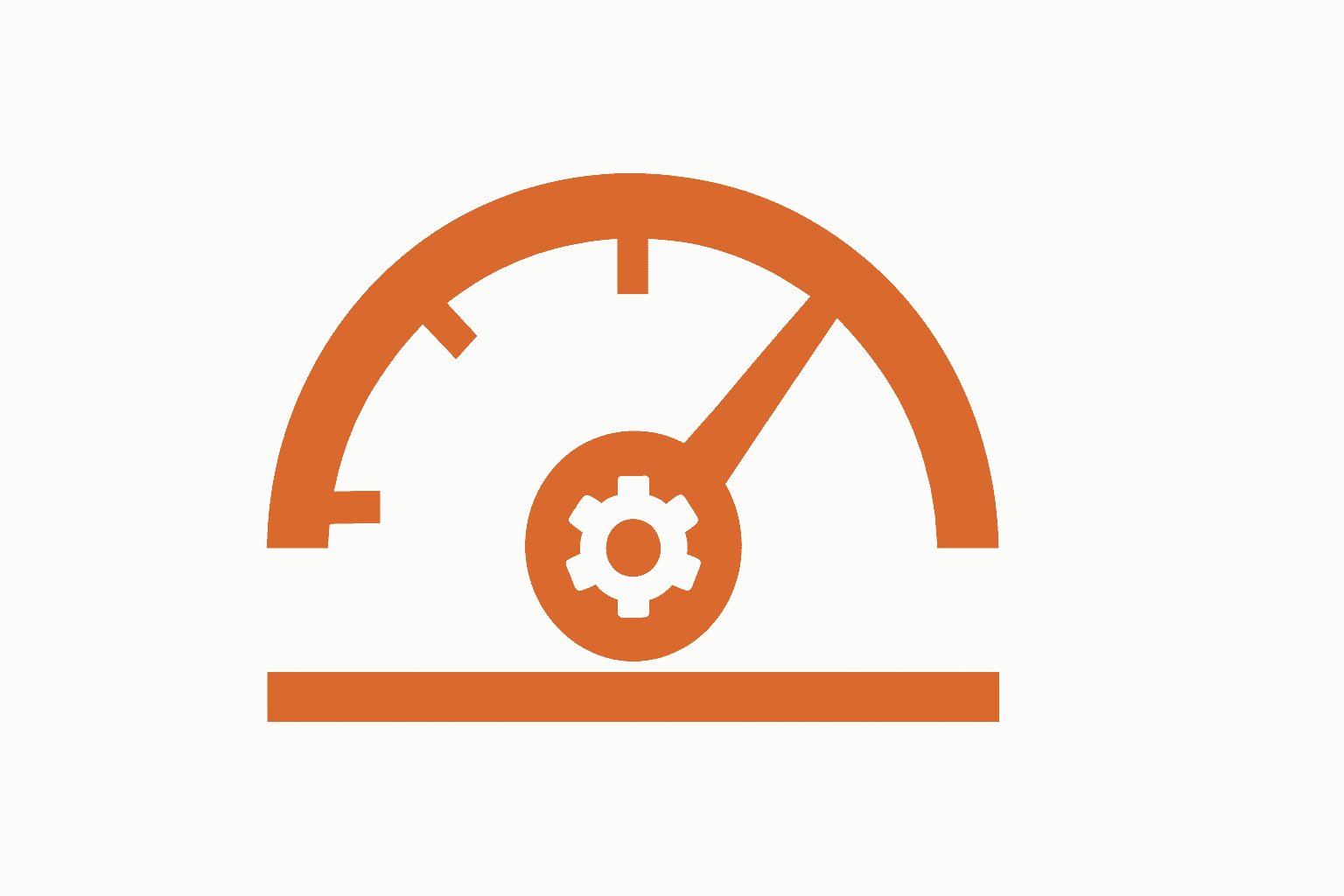Pros and cons of HOA: What you need to know before joining
HOA living offers perks like shared amenities, less maintenance, and stronger property values. But it also comes with rules, fees, and potential management issues. Here’s a clear breakdown of the pros and cons to help you decide if it’s right for you.
Thinking about moving into a homeowners association (HOA) community? It can be a great fit for some. For others, it can feel too restrictive.
An HOA is a group of homeowners who manage shared spaces, amenities, and rules for a neighborhood or condo complex. When you buy a home in an HOA, you automatically become a member and agree to follow its rules and pay monthly dues.
Some people love the benefits of HOA living. It provides access to amenities, a neat and tidy neighborhood, and higher property values. Others see the downsides which may include fees, rules, and the potential for poor management.
In this guide, we break down the pros and cons of HOA living so you can decide if it’s right for you.
The benefits of HOA
1. Access to amenities you might not afford on your own
One of the most appealing HOA benefits is the access to shared amenities. This can include swimming pools, fitness centers, clubhouses, playgrounds, sports courts, or walking trails.
Some communities even offer extras like dog parks, boat launches, or golf courses. These are exclusive to residents and maintained by the association, so you don’t have to spend weekends mowing around a tennis court or cleaning a pool.
For many homeowners, these amenities provide a big lifestyle boost at a fraction of the cost it would take to maintain them privately.
2. Less personal maintenance work
A major benefit of HOA living is having less work on your own plate. Many HOAs handle landscaping, snow removal, pest control, trash collection, and even some exterior repairs.
If you’re a busy professional, travel often, or simply prefer to spend weekends relaxing, this can be a game changer. Common areas are kept neat, and your home’s exterior will usually be held to certain maintenance standards. This will be saving you the trouble of negotiating with neighbors about overgrown lawns or peeling paint.
3. Protected property values
For many buyers, HOA pros include the protection of property values. Rules about home appearance, landscaping, and repairs keep curb appeal high. Studies show that well-managed HOA communities often maintain or increase home values faster than similar neighborhoods without HOAs.
If you ever decide to sell, a well-kept neighborhood can help your property stand out and attract more buyers willing to pay a premium.
4. A stronger sense of community
An HOA can create a more connected neighborhood. Shared spaces, events, and group projects bring people together. Many residents enjoy meeting neighbors at community events or simply knowing there’s a group looking out for the area’s best interests.
5. Additional safety and management
Some HOAs offer gated entries, security patrols, or access control for amenities. Larger communities may have professional management companies that handle repairs, disputes, and vendor contracts. This extra layer of oversight can make daily life smoother and help resolve problems faster.
The drawbacks of HOA
1. Monthly fees and special assessments
The most common complaint is the cost. HOA dues cover amenities and services, but they can add hundreds of dollars to your monthly housing expenses.
In addition to regular fees, special assessments can happen if a big repair is needed; like resurfacing roads or renovating a clubhouse, and the reserve fund isn’t enough. These extra costs are usually mandatory, even if you don’t personally use the facilities.
2. Rules and restrictions
HOA rules aim to keep the neighborhood attractive, but they can also feel limiting. You may need approval to change exterior paint colors, build a fence, or add solar panels.
Some associations have restrictions on rentals, the type of vehicles you can park outside, and even the kinds of plants you can grow. If you value complete freedom to make changes to your property, this can be frustrating.
3. Risk of poor management
Not every HOA is well-run. Because most boards are made up of volunteers, skill levels vary. Poor budgeting, inconsistent rule enforcement, or slow responses to issues can hurt property values and create tension.
Pros and cons of HOA management companies also come into play here. A good professional management company can improve communication and maintenance, but a bad one can lead to extra costs and inefficiencies.
4. Legal and financial power over your home
If you fall behind on dues, an HOA can place a lien on your property, and in some states, even foreclose. While foreclosure is rare and often a last resort, it’s still a legal risk that doesn’t exist in non-HOA neighborhoods.
How to decide if an HOA is right for you
When weighing HOA pros and cons, think about your lifestyle and priorities:
- If you value convenience and amenities: The fees may feel worth it for the services, community events, and shared facilities.
- If you want full control of your property: The rules may feel too restrictive.
- If you’re on a tight budget: Factor HOA fees and potential assessments into your monthly costs.
Before committing, ask for a copy of the HOA’s covenants, conditions, and restrictions (CC&Rs). Review the budget, reserve fund, and recent meeting minutes to see how the community is managed.
Talking to current residents can also give you a clearer picture of daily life in that HOA.
Bottom line
An HOA can make life easier for those who value a neat, well-managed neighborhood with amenities. But it comes at the cost of fees, rules, and sometimes less personal freedom.
Knowing the pros and cons of HOA living (and the pros and cons of HOA management companies) will help you choose a community that truly fits your needs.






